|
Women peacekeepers are often expected to instinctively respond to women and children’s needs when on missions and reach communities that their male colleagues can’t. Georgina Holmes reveals that these gender biases can mean they aren’t getting adequate training.
In just over three weeks’ time Africa’s premier football competition, the Africa Cup of Nations, kicks off in Egypt on 21 June. The host nation’s players have hoisted the trophy more often than any other country on the continent. And, predicts Jo Clarke, they’re likely to be the winners yet again.
|
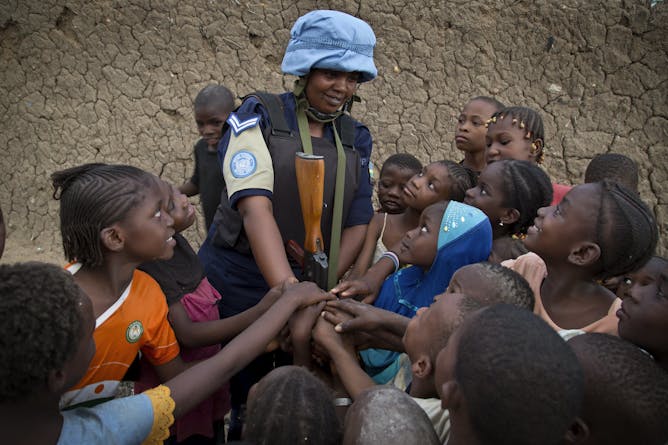
Rwandan peacekeepers in Mali in 2014.
United Nations Photo
Georgina Holmes, University of Reading
Interviews with Rwandan women from the military who had served on peacekeeping missions found many felt ill-equipped for what they had to deal with.
|
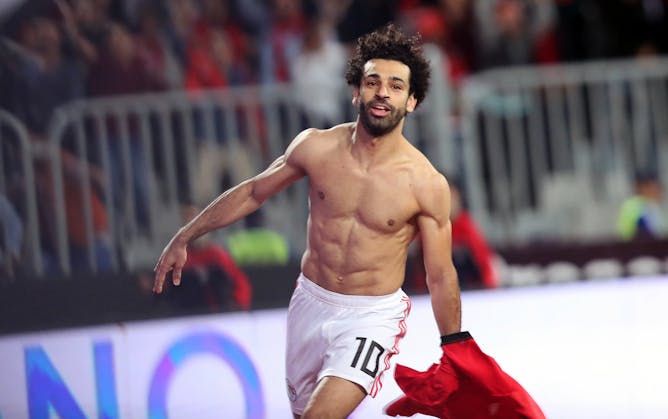
Egypt’s Mohamed Salah celebrates after scoring a goal during the Afcon qualifying match between Egypt and Tunisia, 16 November 2018.
Khaled Elfiqi/EPA
Jo Clarke, Sheffield Hallam University
Here is a run-down on everything you need to know ahead of the championships.
|
Health + Medicine
|

Karen Hofman, University of the Witwatersrand; Nicola Christofides, University of the Witwatersrand
A study showed that most baby food products have a high sugar content.
| |

Jelena Kecmanovic, Georgetown University
Just 5% of US adults say using social media is good for their mental health. A psychologist offers some tips to help the other 95%.
|
|
|
Environment + Energy
|
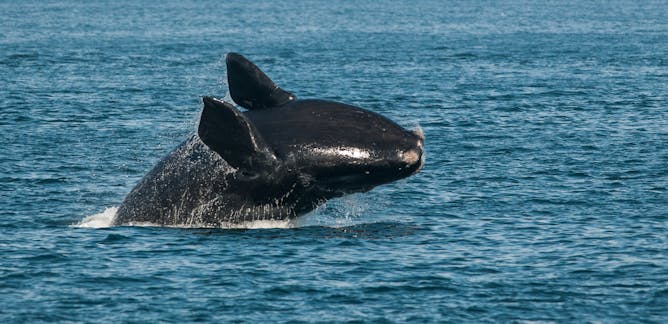
Michael Moore, Woods Hole Oceanographic Institution; Hannah Myers, Woods Hole Oceanographic Institution
North Atlantic right whales are headed toward a traumatic extinction, but could rebound if humans can get out of their way.
| |
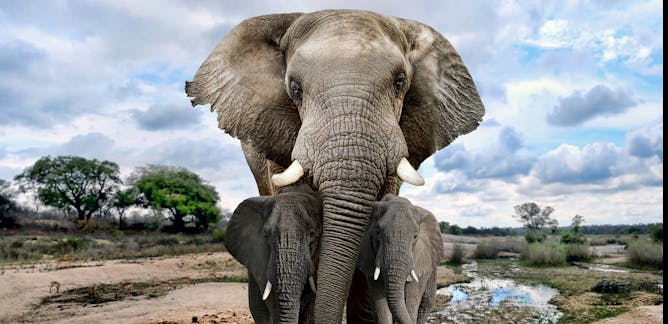
Colin Beale, University of York; Severin Hauenstein, Freiburg University
Poaching of African elephants has fallen, but the species is still at risk. Law enforcement and ivory bans help, but tackling poverty is key to stopping poaching at the source.
|
|
|
Arts + Culture
|
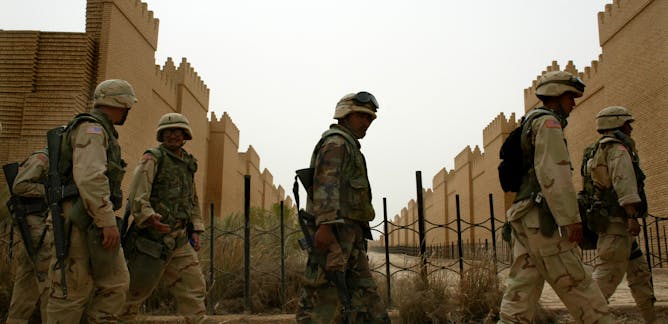
Victoria Reyes, University of California, Riverside
A scholar analyzed data about UNESCO World Heritage sites to explain why European cultural relics like Notre Dame are so beloved, while splendid monuments elsewhere remain relatively unknown.
| |
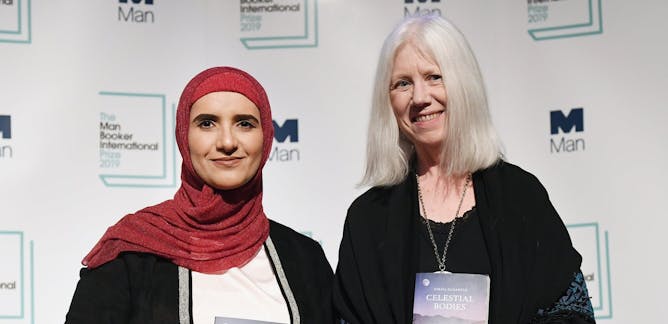
Shadya Radhi, King's College London
Jokha Alharthi is the first woman from Oman to have a book translated into English.
|
|
|